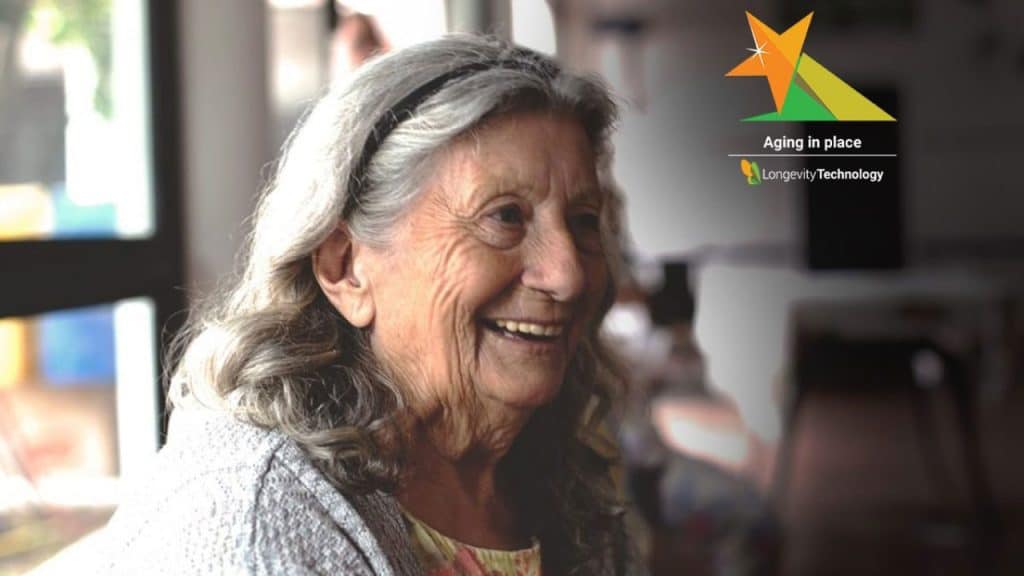They’re some of the most challenging questions facing those who care for elderly or ill relatives. How do you monitor their health while respecting their privacy? How do you offer support while still allowing them autonomy? And what happens if they’re uncomfortable with modern technological solutions? EchoCare may have an answer (https://longevity.technology/news/aip-trailblazer-2-echocare/).
EchoCare’s flagship system is called ECHO. It’s not a wearable device to frustrate you when you have to carry it at all hours of the day and night. It’s not a camera that’s constantly watching you, even in intimate moments. No, it’s nothing that intrusive. ECHO’s remote monitoring capabilities come courtesy of radar and a connection to the cloud.
The radio signal that ECHO emits isn’t that powerful, but it’s enough to reflect back a pretty accurate image of its surroundings. That includes not just where the individual can currently be found, but also their posture, heart rate, respiration and any movement they might make. AI is then used to alert you if any of these indicators are abnormal or potentially dangerous.
Examples of situations that may trigger an alarm include when ECHO detects a fall. It may be able to tell if it’s a serious emergency that needs immediate medical attention or a minor incident that requires noting but no action. If the individual is in the bath, ECHO could tell if they slip below the waterline and are at risk of drowning.
Part of what makes this system effective is that ECHO can learn someone’s usual habits and therefore recognize any variations. Which rooms of the house do they normally visit and at which times? How long do they spend moving? What are their speed and gait usually like? How are their physical activity levels more generally?
When ECHO detects a variation, it can send it to the cloud, and the remote operator or caregiver receives the relevant data to decide their response. Alerts appear through a dashboard using a web-based nursing call system. There’s no more worrying about whether your loved one is safe, and you don’t need to constantly be calling or visiting to check how they’re doing.
Rafi Zack, CEO of EchoCare, conceived of ECHO when his own father developed dementia and he couldn’t find an accurate, reliable and non-intrusive warning system. The hope is that it will be adopted by and integrated into many care home settings.




